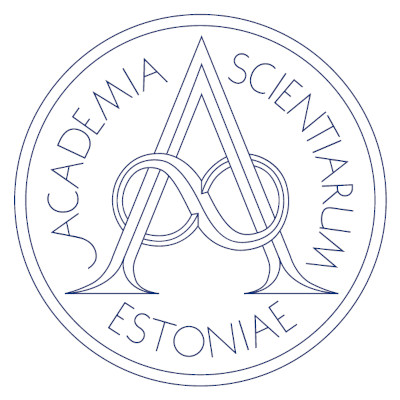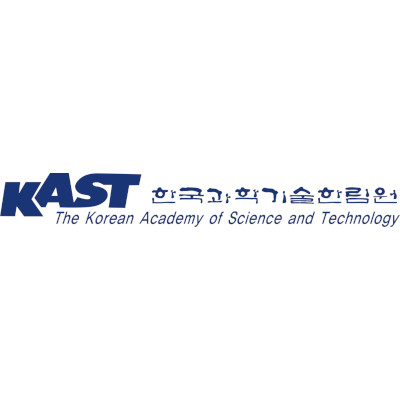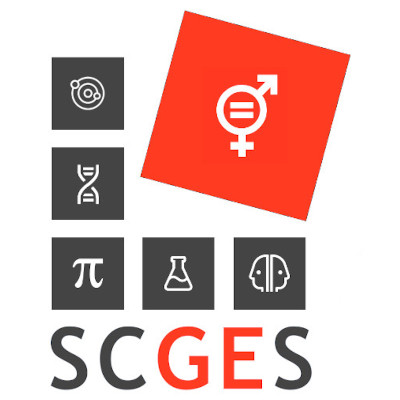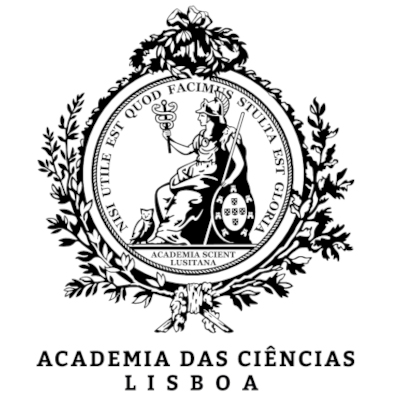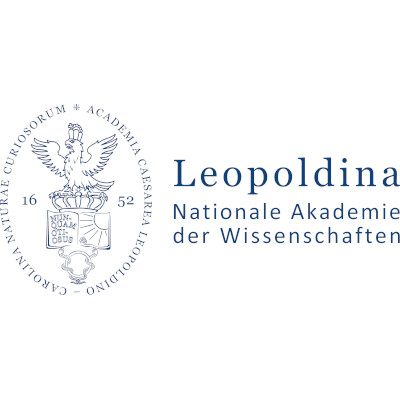“Work comprehensively to further the advancement of science, in the service of society and for the enrichment of Poland’s national culture” The Polish Academy of Sciences (PAN) is a national research institution founded in Warsaw in 1952. Its mission is to work comprehensively to further the advancement of science, in the service of society and…
“To assist in building a knowledge-based Estonia” The Estonian Academy of Sciences was founded in 1938 as an association of top-level scientists and scholars with commitment and responsibility to advance scientific research and represent Estonian science nationally and internationally. The primary mission of the Academy is to assist in building a knowledge-based Estonia, fostering adaptation…
“The driving force in advancing and globalizing nation’s academic activities in science and technology” KAST is the institution with the most distinguished scientists in Korea KAST contributes to progressing science in Korea supported by its members’ exceptional professional expertise. Its members are elected by peers in recognition of distinguished achievement in their respective fields in…
“National focus for Israeli scholars in the natural sciences and in the humanities” Chartered by law in 1961, the Israel Academy of Sciences and Humanities acts as a national focal point for Israeli scholarship in both the natural sciences and the humanities. The Academy membership consists of 131 of Israel’s most distinguished scientists and scholars,…
“To strengthening of the position of scholarship in Denmark, particularly that of basic science and of the promotion of inter-disciplinary understanding.” The Royal Danish Academy of Sciences and Letters (Kongelige Danske Videnskabernes Selskab) was founded in Copenhagen on 13 November 1742 by King Christian VI when the King gathered together a group of experts to…
“To promote gender equality in science” In order to promote gender equality in science, a number of international organizations who took part in the project A Global Approach to the Gender Gap in Mathematical, Computing, and Natural Sciences: How to Measure It, How to Reduce It? wish to act together to further promote this goal…
“If what we do is not useful, glory is in vain.” The Lisbon Academy of Sciences is one of the oldest continuously existing national scientific institutions. It was founded on 24 December 1779, during the reign of Queen Maria I. Mission Under the terms of its Statutes, the Lisbon Academy of Sciences is responsible for:…
“Representing the German scientific community internationally, and providing policymakers and the public with science-based advice are the two major objectives of the German National Academy of Sciences Leopoldina.” The Leopoldina originated in 1652 as a classical scholarly society. It has members from almost all branches of science. It champions the freedom and appreciation of science.…
“A transformative Academy positively impacting scholarship, governance and equitable societal development in Uganda and beyond.” The Uganda National Academy of Sciences is an independent, non-profit, nonpolitical, and membership-based service organization. UNAS was created to provide credible, balanced, and evidence-driven advice to the nation on matters of science and development. Mission The mission of the Academy…
“The Croatian Academy of Sciences and Arts is the highest scientific and artistic institution in the Republic of Croatia.” The main tasks of the Academy are as follows: The Academy promotes and organizes scientific research and encourages the application of the findings of this research, develops artistic and cultural activities, and is concemed with Croatian…


